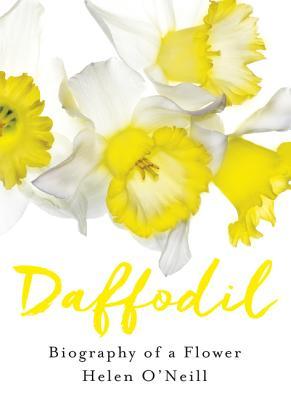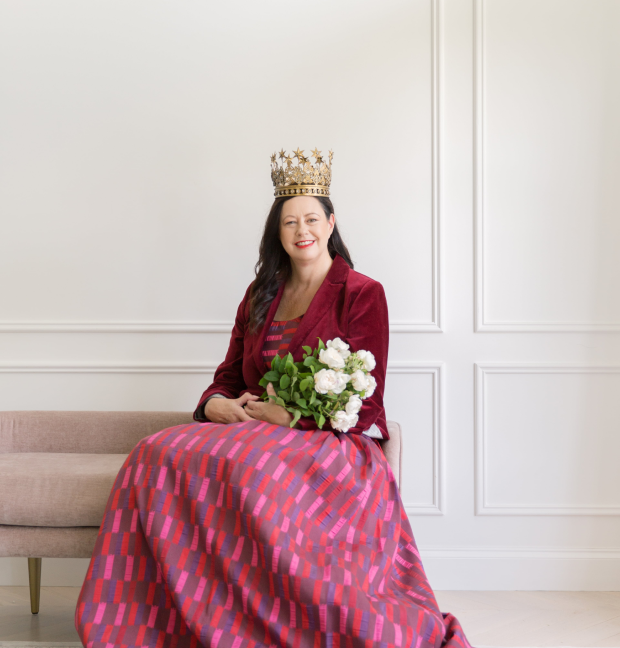
The Blurb (from Goodreads):
A beautifully illustrated, visually lush and intriguing book about the world's most popular and most powerful flower. The daffodil is the beautiful first flower of spring, the inspiration of poets, a treasure-trove to scientists and a symbol of everything from unrequited love, rebirth, eternal life and misfortune. Over centuries, the daffodil has been so many things to so many people: it was called 'Narcissus' by the Greeks and prized by the Romans as guarantee of passage to the Underworld; it was used by medieval Arabs and ancient Chinese for its medicinal properties and it has inspired poets, lovers, artists and scientists down the ages. But in telling the story of the daffodil, what award-winning, best-selling writer Helen O'Neill is really telling is the story of humanity. It's a narrative of progress from superstition and myth, taking in politics, greed, religion, science, chance, redemption and love. But, appropriately enough for a flower that is now used on a worldwide basis to raise funds for cancer research, it is, above all, a story of hope. Moving, fascinating, eloquent, and also beautiful.
My Thoughts:
I love books which draw together science, art, myth and poetry to illuminate the history of a single object or item. It’s a way to learn about something in depth, and nearly always the book itself is an artefact of beauty.
This is exactly the case with Daffodil: Biography of a Flower by Australian author Helen O’Neill. She examines the history of the daffodil, from the ancient Greek myth of Narcissus and Echo to its most recent life as the international motif for cancer research. Nearly every page is decorated with the most exquisite art and photographs, and the chapters are short and easily digested. This is the kind of book you can dip in and out of at will, learning something fascinating on every page and sharing tidbits with your friends. A really lovely little book.
GET YOUR COPY OF DAFFODIL: A BIOGRAPHY HEREYou might also like to read my review of Wild Places by Robert Macfarlane:

